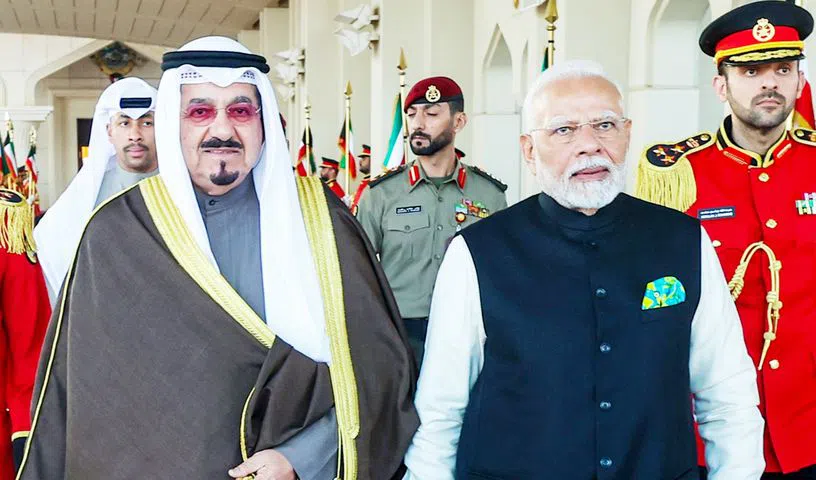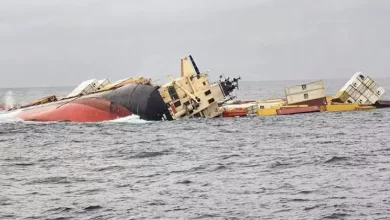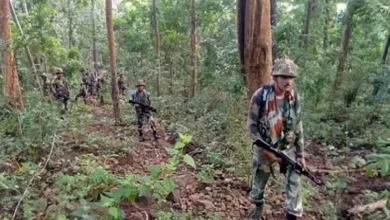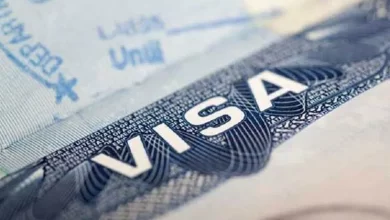
Prime Minister Narendra Modi’s recent visit to Kuwait has opened up opportunities for expanding the partnership
The changing geopolitical realities in West Asia have thrown up a new set of opportunities for India to expand its defence and security cooperation with the nations in the region. The deepening Israel-Palestine conflict and the instability after the dramatic fall of the Assad regime in Syria have led to a new churning and strategic reorganisation in the Gulf. In this context, shoring up ties with Gulf Cooperation Council (GCC) countries like Kuwait is essential. Prime Minister Narendra Modi’s recent visit to Kuwait — the first by an Indian PM in over four decades — assumed significance as it underscores a renewed commitment to strengthening the bilateral ties. “It takes four hours to reach Kuwait from India but it took four decades for the Prime Minister” was how Modi summed up the delay on the part of New Delhi in reaching out to the Gulf nation despite sharing a traditional bond. In the past, due to its affinity with the Soviet Union, India could not unequivocally come out in support of Kuwait when it was invaded by Saddam Hussein who had the support of Moscow. The geopolitical compulsions of the time did not give India many options. It is only in the last decade or so that New Delhi’s engagement with West Asia and the Persian Gulf, particularly the moderate Arab states, has deepened considerably. It is now time for India to translate the mutual warmth into concrete national gains.
Modi’s visit, at the invitation of Kuwaiti Emir Sheikh Meshal Al-Ahmad Al-Jaber Al-Sabah, was marked by bonhomie and warmth and the highpoint came when he was bestowed with Kuwait’s highest honour ‘The Order of Mubarak Al Kabeer’. The PM held several meetings with Crown Prince Sheikh Sabah Al-Khaled Al-Hamad Al-Mubarak Al-Sabah and Prime Minister Sheikh Ahmad Abdullah Al-Ahmad Al-Sabah. Both countries agreed to elevate the relationship to a strategic partnership. They signed agreements that institutionalised defence cooperation and in other areas such as renewables. The bilateral trade between India and Kuwait, the current president of the GCC, was over $10 billion in the last fiscal. With a focus on economic collaboration, cultural exchange and mutual prosperity, the visit opened up opportunities for expanding the partnership. India and Kuwait share a relationship that dates back centuries. Over time, this bond has evolved into a robust partnership, encompassing energy, trade and people-to-people connections. Today, Kuwait is a significant energy supplier for India, while Indian expertise and manpower have become indispensable for Kuwait’s development. With over one million Indian expatriates residing in Kuwait, the Indian diaspora has played a crucial role in Kuwait’s growth, contributing to various sectors including healthcare, engineering and education. As a key energy supplier, Kuwait holds strategic importance for India’s energy security. Simultaneously, India, with its burgeoning market and investment opportunities, offers Kuwait an attractive destination for its sovereign wealth fund.







